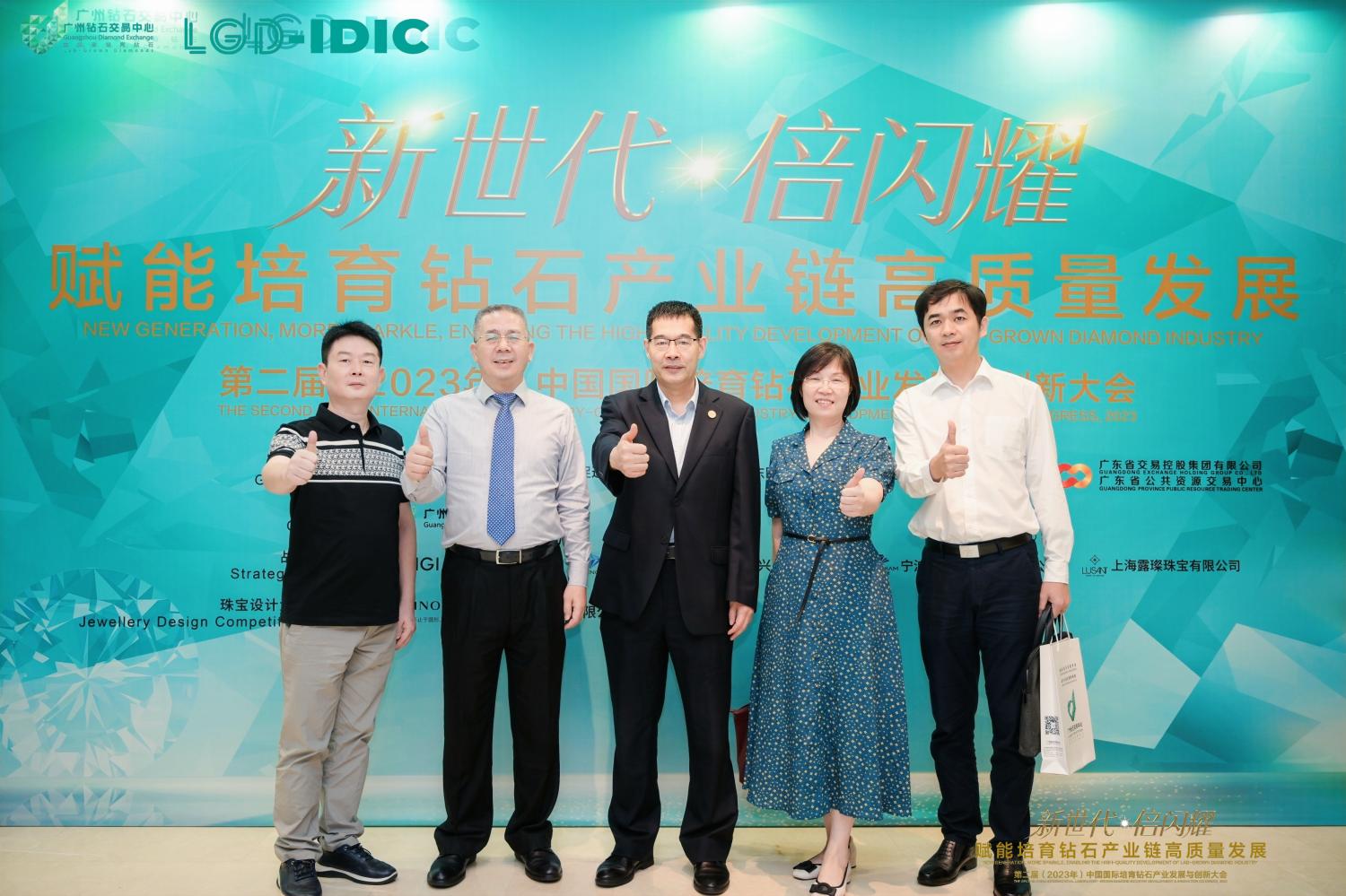Guest Opinion: Japan's strategic goals harmful to regional stability|观焦点
by Yang Bojiang
 (资料图)
(资料图)
Japan"s hosting of the Group of Seven (G7) summit, influenced by America"s "Indo-Pacific strategy," serves the Asian country"s own strategic goals, which are not conducive to regional and world stability.
The G7 was originally a mechanism to mainly discuss economic issues. But this year"s host, Japan, added a lot of political content to the agenda, linking economic matters to security, with China and Russia as the main targets.
This is in sync with the U.S. approach of viewing China and Russia as rivals and threats and pulling allies together to counter the two. With the United States pulling the strings, Japan tried to stir confrontation in the region.
This year"s summit has eight more seats, suggesting an attempt to reach the "Global South." Nevertheless, the G7 represents the Western world. Such an arrangement only pulls countries in the region and other developing countries in unison with a U.S.-led Western camp to confront China and Russia.
In recent years, Japan has attempted to strengthen its military ties with the United States and its allies, frequently inviting them to conduct joint military exercises in the Asia-Pacific region. Such actions will only escalate regional tensions and confrontation and undermine regional peace and stability.
Externally, igniting conflict with its neighbors, Japan is desperately attempting to weaken China"s role in regional affairs. Domestically, Japan"s political elites are eager to break free from the "post-war system" and become a "normal country."
To this end, Japan is actively cooperating with the U.S. "Indo-Pacific strategy" and global strategy, trying to leverage the power of the United States and its allies to increase its own strategic chips.
Meanwhile, with regional tensions aroused, the United States will have a growing need for Japan"s ability to counter China, thus further supporting Japan"s military growth.
Japan intentionally made this strategic choice. After the Second World War ended, it took advantage of the Cold War to achieve peace with the United States and Europe without thoroughly reflecting on its own past war of aggression.
It failed to achieve reconciliation and integrated development with its regional neighbors in a real sense; the "surrounding areas" have always been Japan"s strategic weakness.
Such a choice will only further reduce Japan"s international space and strategic leeway and is detrimental to regional peace, stability, development and prosperity.
At the G7 Summit, Japan invited the participating leaders to visit the Hiroshima Peace Memorial Park and the atomic bomb archive. While presenting the tragedy of "the bombed," Japan selectively ignored the historical background of the atomic bombing and downplayed or even denied its own history of aggression.
While playing up the negative legacy of the atomic bomb explosion, it disposed of contaminated water from Fukushima by discharging it into the sea, disregarding opposition at home and abroad and spreading the risk of nuclear contamination to the entire world.
Japan needs to acknowledge the overall direction of global progress and prioritize the common interests of the region and neighboring countries. Then it will make the right choice conducive to its long-term interests and contribute to regional and global peace and development.
Editor"s note: Yang Bojiang is the director of the Institute of Japanese Studies at the Chinese Academy of Social Sciences.
The views expressed in this article are those of the author and do not necessarily reflect the positions of Xinhua News Agency.
关键词:




























